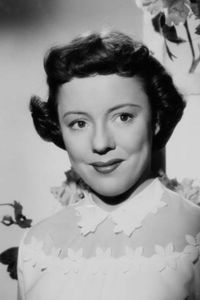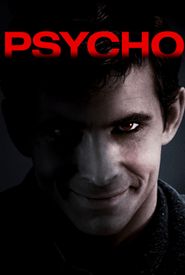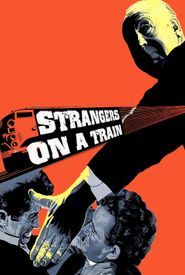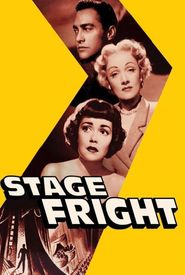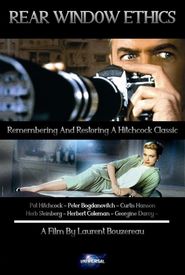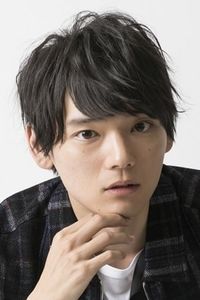Patricia Alma Hitchcock was the only child of renowned film director Alfred Hitchcock and his wife Alma Reville. Born into an English-speaking household, she was raised with a strict upbringing, which would later influence her life and career choices.
From the tender age of eight, Patricia attended boarding school for two years, followed by a move to the United States when her father was contracted by David O. Selznick to direct the iconic film Rebecca in 1940. This relocation marked the beginning of her life in America, where she would later pursue her passion for acting.
In the early 1940s, Patricia made her stage debut, appearing in various productions. Her breakthrough role came in 1944, when she played the titular character in the short-lived Broadway play Violet at the Belasco Theater. Although she longed for a college education, her father instead sent her to London at the age of 18 to study at the prestigious Royal Academy of Dramatic Art (RADA).
At RADA, Patricia was fortunate enough to be among a talented group of students, including Lionel Jeffries and Dorothy Tutin. She went on to make several appearances on the London stage before making her screen debut in 1949. Her early film career was marked by small roles, often as the dowdy friend or sister of the heroine, a character type that would become a staple in her future roles.
Patricia's most notable roles include appearances in her father's thrillers Stage Fright and Psycho, as well as ten episodes of Alfred Hitchcock Presents. She has spoken publicly about the challenges she faced in her career, citing her father's reluctance to use nepotism as a means of advancing her career.
In 1951, Patricia married and, just a decade later, decided to leave the entertainment industry to focus on raising a family. Her father supported her decision, and she went on to publish a book of reminiscences and anecdotes about her life and career in 2003, co-authored with film writer Laurent Bouzereau.
Throughout her life, Patricia has spoken proudly of her mother's contributions to her father's films, asserting that Alma Reville played a crucial role in the making of many of Hitchcock's iconic movies.
